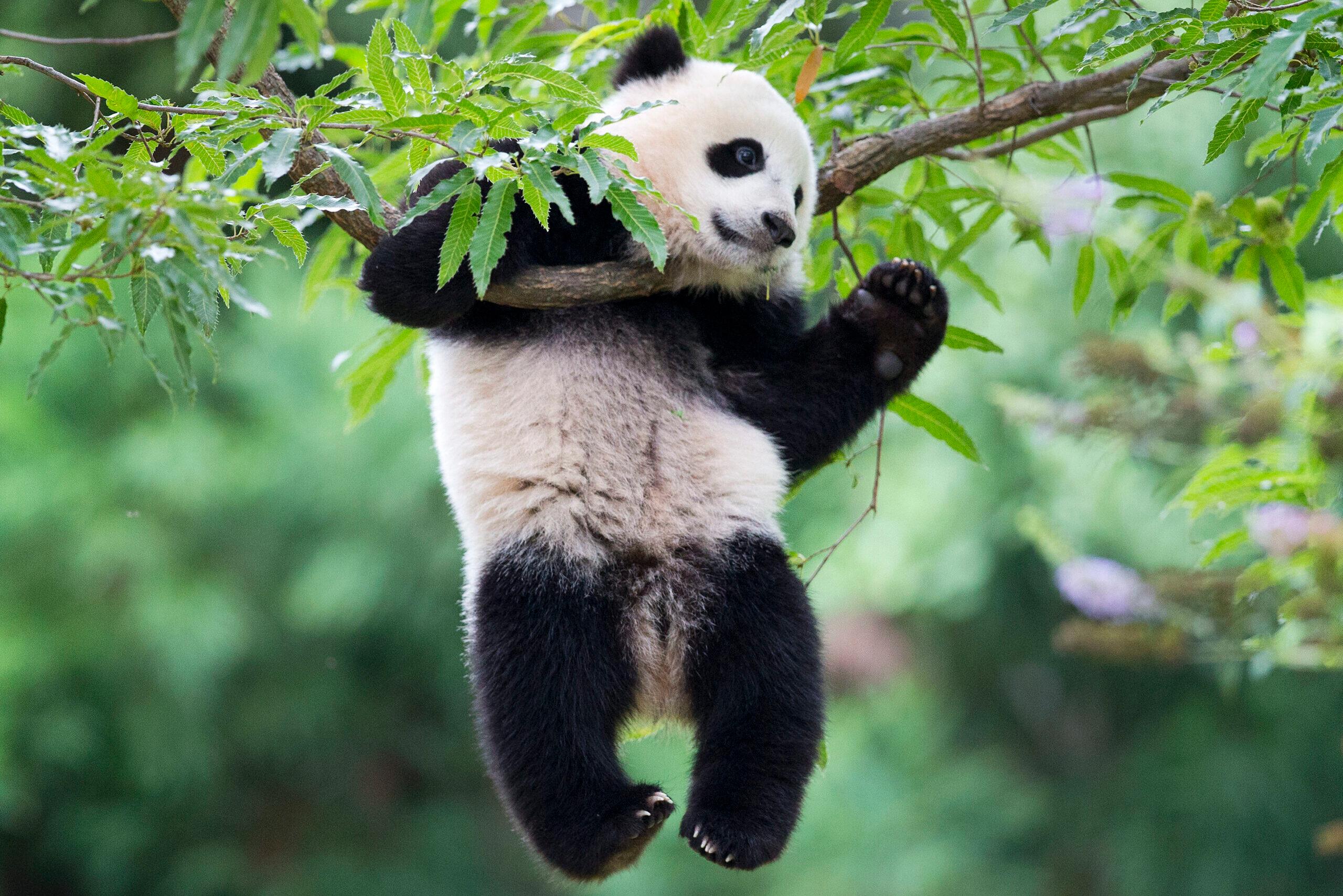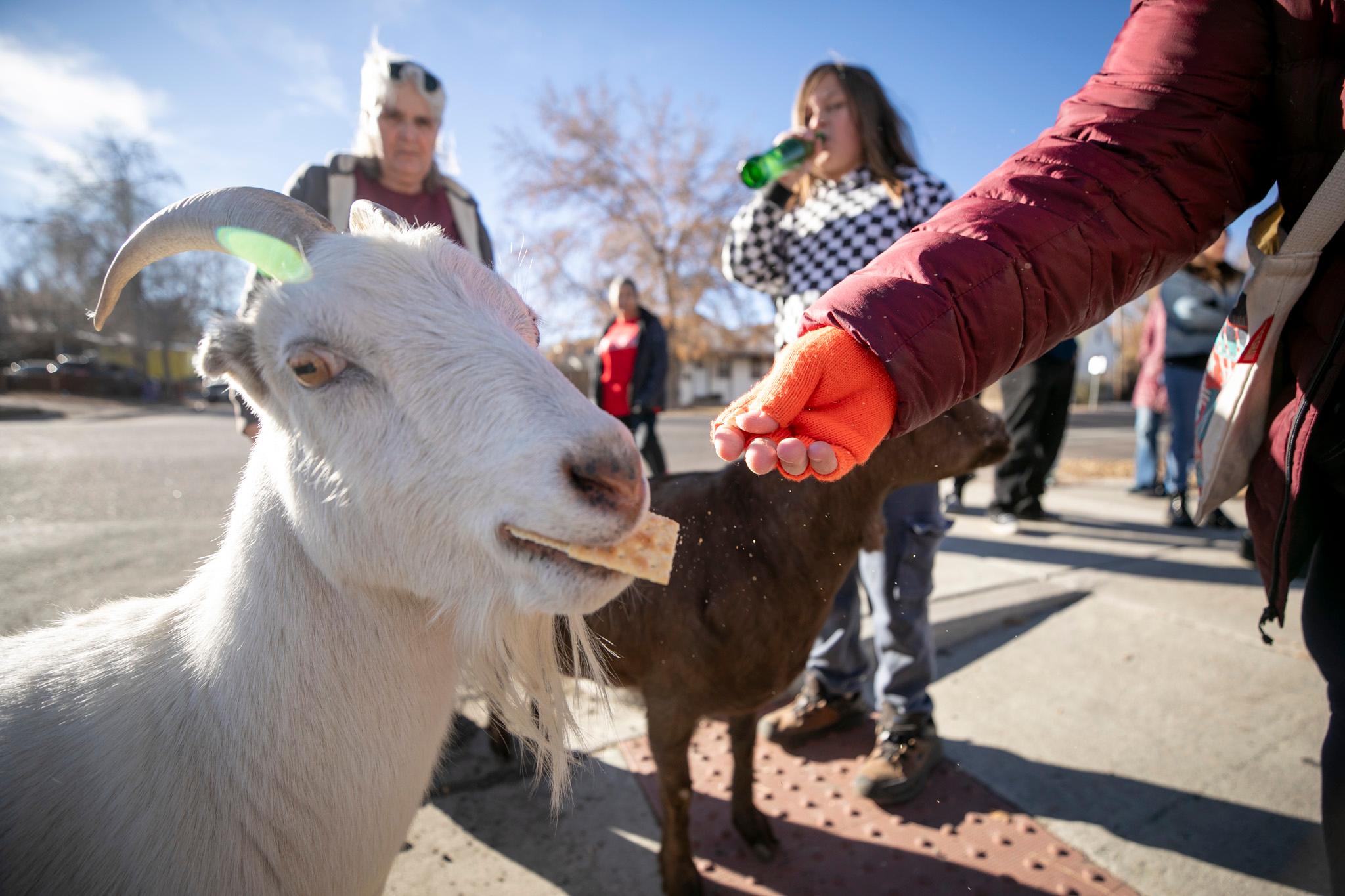Chinese President Xi Jinping said Thursday that he may send new pandas to the United States after meeting with President Joe Biden, a renewed gesture of cooperation and friendship between the two nations. In Xi's words, the animals serve as "envoys of friendship" between the two nations.
The announcement follows three pandas' recent return to China after years at Smithsonian National Zoo in Washington D.C., which left just four pandas in the U.S.
All the country's remaining pandas currently reside at the Atlanta Zoo. It isn't clear yet where new pandas might be sent, but California is a likely frontrunner. What's certain is that the Denver Zoo definitely isn't in the running.
"Would we stand a chance? Yes," said Brian Aucone, the zoo's vice president for life sciences, "Are we interested in getting giant pandas? The answer would be no."
Aucone elaborated, saying giant pandas would thrive at the mile high zoo, but it just wouldn't make sense to bring them to Denver, given the group of animals they already have.The zoo is particularly worried about the sustainability of caring for the animals.
"They have a very specific diet of bamboo and such, and we would likely have to import all of that," he said. "So there's a significant cost to that, but there's also just having to fly in that much food simply because we couldn't really grow that year round here. It would not make a lot of sense from just the carbon footprint that would take."
For visitors who want to see a giant bear, Aucone said they're welcome to visit Tundra, the zoo's resident grizzly bear.
"She's in a bit of torpor, because it's wintertime here, of not being totally active. It's very normal for them," he said.
U.S. zoos have typically paid China to loan pandas from the country, with proceeds going towards panda conservation efforts. The exchanges are known as "panda diplomacy" by political observers.
Zoos that take in pandas are typically tasked with helping them breed, which were recently upgraded from "endangered" to "vulnerable" by the International Union for Conservation of Nature. That task is notoriously difficult, though, due to factors like the species' very short reproductive window.
An estimated 1,800 pandas still live in the wild, with another 300 living in captivity.











